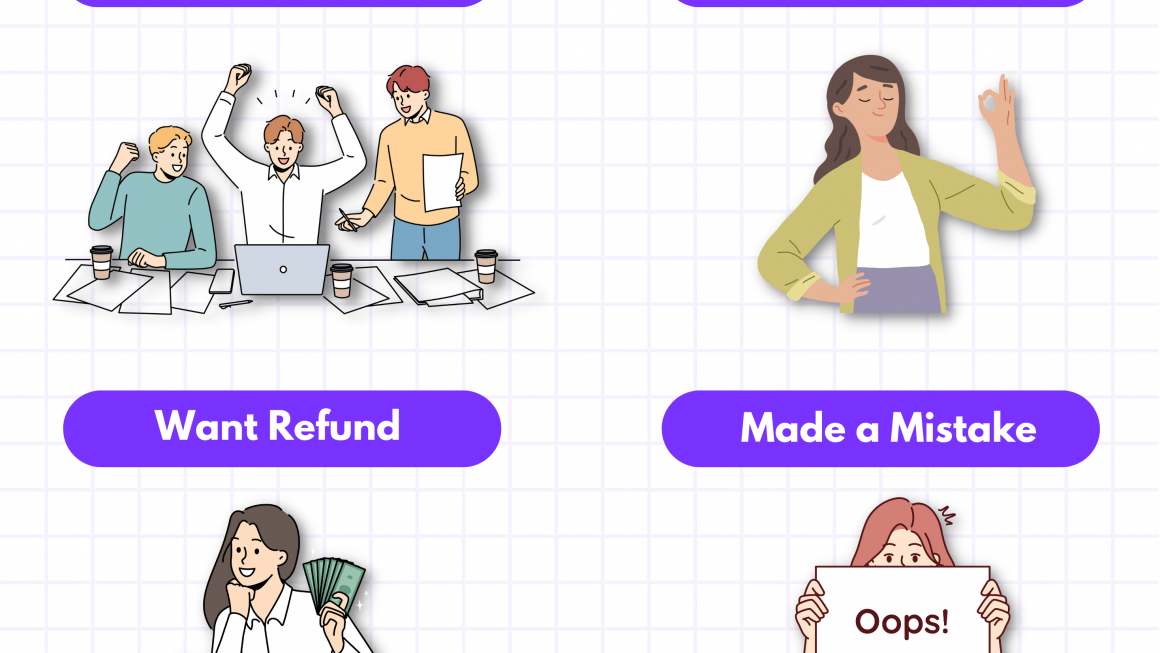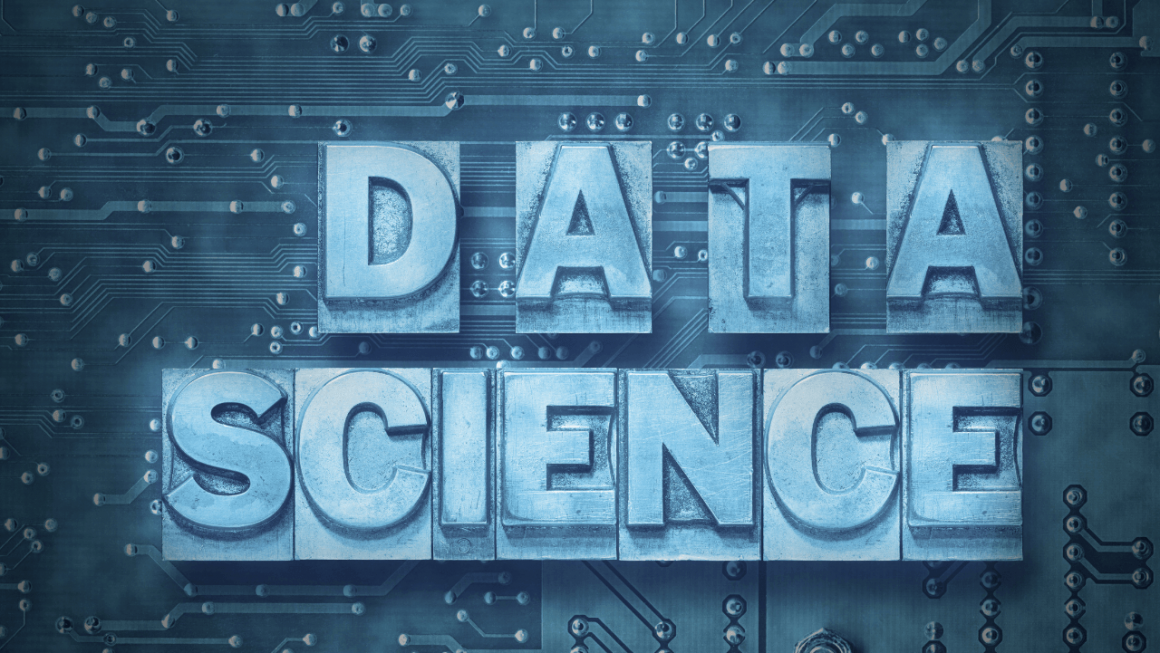Digital Transformation is the formation of a persistently learning and adjusting, AI-driven, and human-engaged plan of action that tries to distinguish, systematize, and operationalize significant client, item, and functional bits of knowledge (penchants) to improve (rethink) functional effectiveness, upgrade client esteem creation, alleviate functional and consistence hazard, and set out new income open doors.
This article is a portion from the book The Economics of Data, Analytics, and Digital Transformation by Bill Schmarzo – A far-reaching book that assists you to assemble a constantly learning and adjusting association with the possibility to separate expanding levels of business, client, and functional worth from the combination of information and progressed examination like AI and Machine Learning.
In this article, we’ll arrange every one of the parts of advanced change. To assist with directing associations along with their advanced change venture, I have concocted these “Computerized Transformation (DX) Laws”; laws dependent on rehashed perceptions that portray or anticipate a scope of regular peculiarities. These “Advanced Transformation Laws” come civility of a few client commitment; commitment where associations are seeking after computerized change however get waylaid by unforeseen hindrances along with that excursion (picture the “Jason and the Argonauts” film… the first not the dreadful revamp).
Digital Transformation Laws
Digital Transformation Law #1: It’s About Business Models, Not Just Business Processes
Advanced Transformation is tied in with reexamining and improving plans of action, not simply upgrading existing business processes.
Exclusively enhancing existing business processes is a “clearing the cow way” outlook, where associations just apply new computerized innovations to supplant existing human-escalated functional cycles, without taking into full thought where and how new wellsprings of the client, item, and functional worth can be made. And keeping in mind that “clearing the cow way” can yield peripheral upgrades in your plan of action (a Horizon 1 impact that we will talk about later in the part), minimal enhancements won’t win the day from a plan of action rehash and computerized change viewpoint.
Digital Transformation Law #2: It’s About Digital Transformation, Not Digitalization
Advanced Transformation is tied in with reexamining your client commitment and business tasks with constantly learning AI capacities to determine and drive new wellsprings of the client, item, administration, and functional worth.
Advanced Transformation is something other than digitalization, which is the mix of computerized innovations, for example, online applications, cell phones, and sensors into existing functional cycles. digitalization upgrades or replaces human-driven cycles with computerized innovations, for example, sending current patient wellbeing and health information to the cloud utilizing cell phones, applications, and sensors on a continuous, granular premise as opposed to expecting patients to genuinely go to a consideration office dependent upon the situation and have their imperative wellbeing and wellbeing numbers physically recorded by a medical caretaker (see figure underneath).
Digital Transformation Law #3: It’s About Creating New Digital Assets
Advanced Transformation is tied in with making new computerized resources—Analytic Profiles and logical modules—that influence client, item, and functional bits of knowledge (inclinations) to drive granular choices and hyper-individualized prescriptive suggestions.
Associations need to construct new computerized resources—Analytic Profiles (or Digital Twins) and composable, reusable, persistently learning logical modules—that arrange the client, item, and functional experiences (inclinations) that give the fuel to the association’s advanced change.
Digital Transformation Law #4: It’s About AI-driven Autonomous Operations and Policies
Artificial intelligence can empower more granular, pertinent functional and strategy choices by persistently learning and adjusting dependent on most current climate circumstances… with insignificant human intercession.
Arrangements are the establishment for any fruitful association. They record the hierarchical standards, best practices, and consistent rules that help decision-production in supporting the predictable and repeatable tasks of the business. Yet, most associations’ arrangements are static, archived like a progression of static assuming standards that are hard to oversee and surprisingly harder to refresh dependent on evolving business, financial, cultural, social, and natural conditions.
Imagine a scenario where associations could supplant those static assuming kinds of arrangements with AI-based, consistently learning and adjusting calculations that learned and developed dependent on the continually advancing condition of the climate in which the business works. The outcome would be an association as agile as the market and the world conditions direct and would super-charge the association’s computerized change.

If you’re an individual or a company who want to digitally transform your business idea, you can get in touch with Arbre Creations.
To read more related articles, click here…






